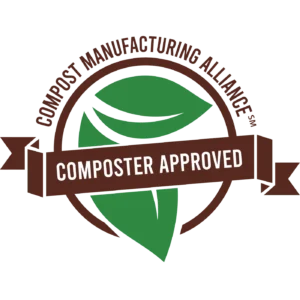Our Certifications
BPI Compostable (Biodegradable Products Institute)
BPI (Biodegradable Products Institute) is a leading certification organization that verifies products and packaging materials as compostable in commercial composting facilities. A product that carries the BPI Compostable certification ensures that it meets rigorous ASTM standards for biodegradability. Specifically, it must break down in a composting environment within a certain time frame without leaving harmful residues or toxins.
Process:
1. Testing: Products undergo testing to meet ASTM D6400 or D6868 standards, which evaluate their biodegradation, disintegration, and eco-toxicity in industrial compost settings.
2. Certification: If the product passes the tests, BPI grants the product a certification. This means the product can fully biodegrade in commercial composting facilities, turning into organic material like soil, CO₂, and water within 90 days.
3. Labeling: Certified items display the BPI logo to help consumers and businesses identify compostable products easily.
BPI plays a crucial role in promoting sustainable alternatives to plastics by ensuring compostable products meet environmental standards.
CMA (Compost Manufacturing Alliance)
The Compost Manufacturing Alliance (CMA) is a group of commercial compost manufacturers that provides testing and certification services to verify that packaging and products will break down in different types of composting systems, such as aerobic windrow or in-vessel composting.
Process:
1. Testing Products: CMA tests products like compostable food packaging, utensils, and bags across different types of composting environments (including municipal, commercial, and industrial facilities).
2. Approval Process: Once tested, products that meet CMA’s compostability standards are approved and listed in the CMA’s database. This ensures they will successfully decompose across diverse composting facilities and methods, preventing contamination or slowdowns in the composting process.
3. Certification: CMA-approved products may carry the CMA logo, indicating their compatibility with composting facilities across North America.
CMA certification is highly regarded by composters who aim to avoid processing challenges, and by businesses looking for eco-friendly alternatives.
OK Kosher Certification
OK Kosher is one of the world’s most widely recognized and respected kosher certification organizations. Kosher certification ensures that food products, packaging, and processing adhere to Jewish dietary laws, making them suitable for consumption by those who observe kosher laws.
Process:
1. Initial Inspection: OK Kosher inspects a company’s production facilities to ensure compliance with kosher laws. This includes evaluating ingredients, equipment, and manufacturing processes to confirm they are kosher and have not been contaminated by non-kosher products.
2. Supervision: Once the facility meets the requirements, OK Kosher certifies the product. The certification process involves ongoing supervision to maintain kosher status. Facilities are inspected regularly to ensure compliance.
3. Certification: Products that meet the kosher requirements receive the OK Kosher symbol, often represented by the letter “K” within a circle, to help consumers easily identify kosher products.
The OK Kosher certification is trusted by manufacturers and consumers worldwide, ensuring that products meet stringent dietary standards.




